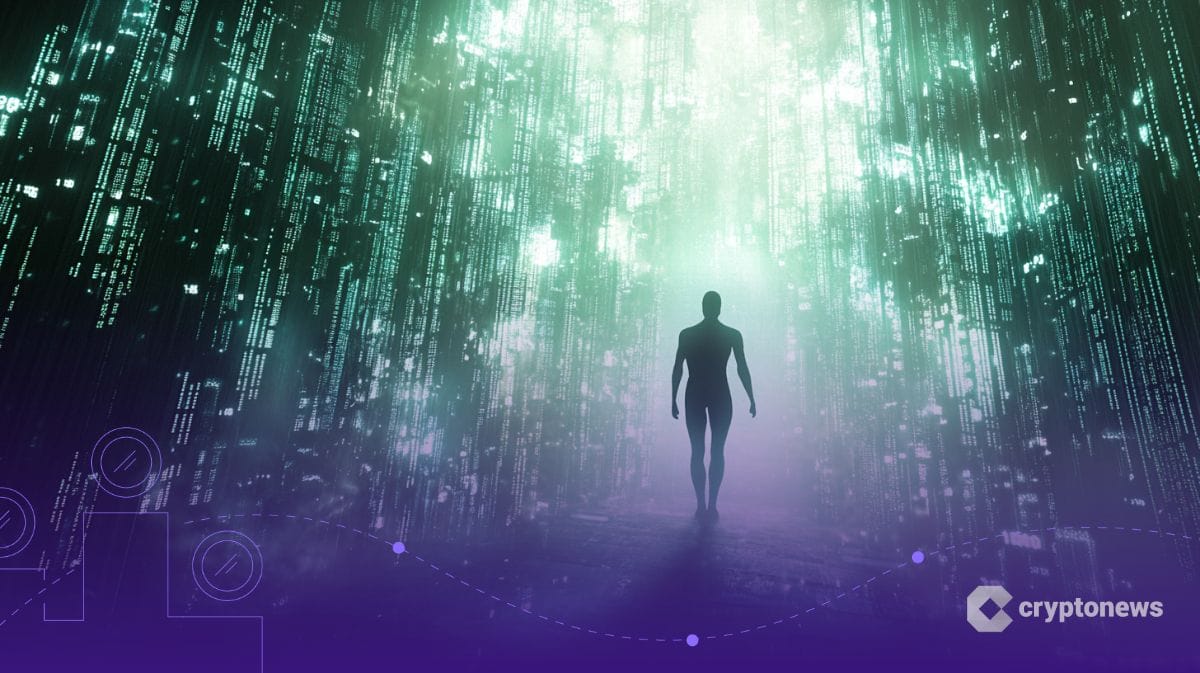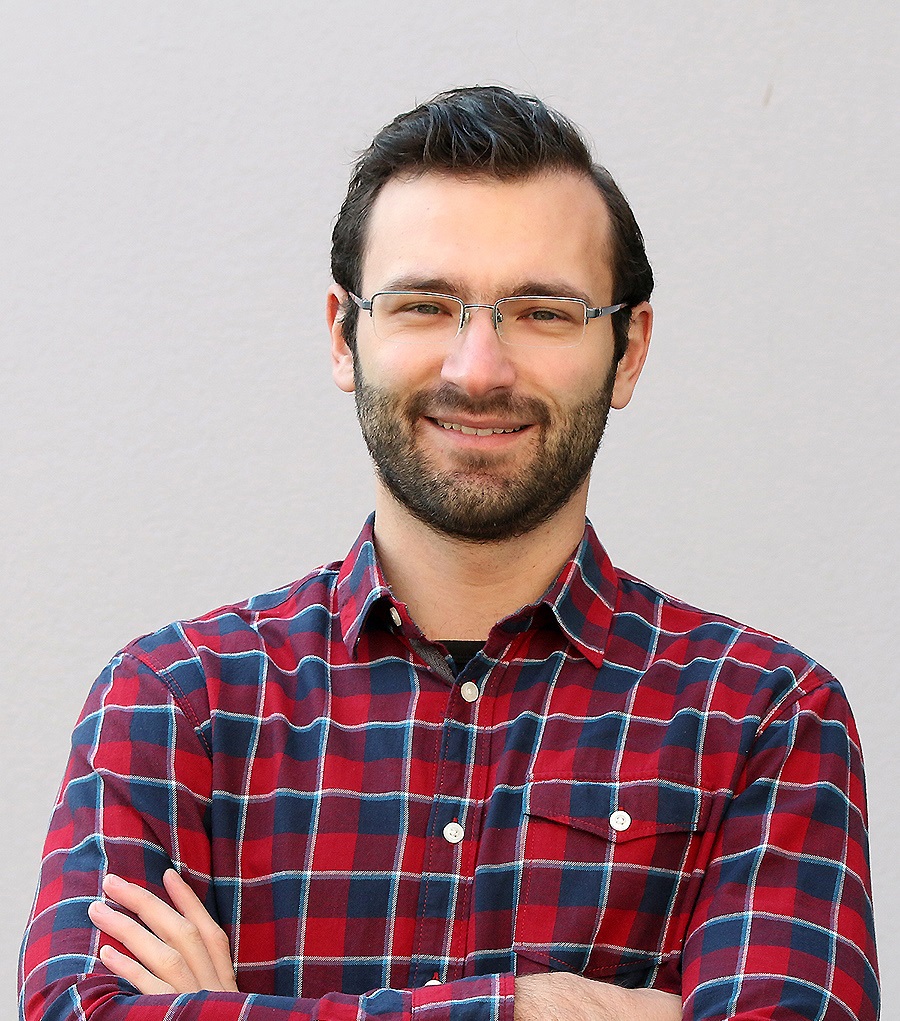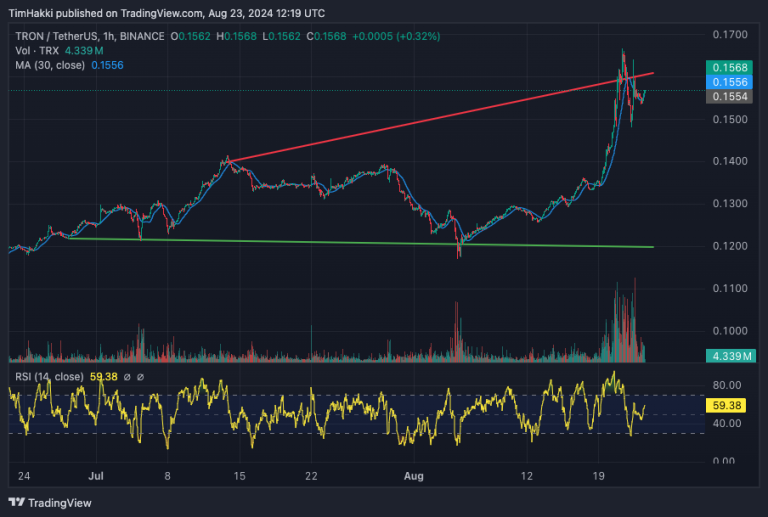Last updated:
 Why Trust Cryptonews
Why Trust Cryptonews

Priority Blockspace for Humans (PBH) has launched on the World Chain Sepolia testnet as part of the mission to build and implement open-source infrastructure that prioritizes humans over bots.
PBH works to prioritize human transactions and order them correctly while preserving decentralization at the same time.
Tools for Humanity (TFH), the company behind World Network, has joined hands Flashbots, Optimism, and Paradigm/Ithaca to develop PBH with the goal of keeping blockchain as a tool for people. It should not be “just an arena for automated trading strategies and bad bots,” the press release said.
The teams will continue aligning blockspace allocation with human-centric applications, they said.
PBH is one of the initial protocol integrations with World ID for proof-of-human verification. World ID is an identity system that enables people to prove they are a unique human. It’s part of the World ecosystem that includes World Chain, described as a blockchain for humans.
Top-of-Block Priority for World ID holders
According to the press release shared with Cryptonews, automated bots and high-frequency traders dominate block inclusion on many blockchains. Bots submitted some 70% of on-chain stablecoin transactions in 2023. This results in unpredictable execution, higher fees, and losses from MEV (Maximal Extractable Value) strategies, the team said. Therefore, regular users suffer.
On the other hand, “with PBH, the focus shifts from maximizing extractable value to optimizing blockchain usability for real people,” said the press release.
PBH prioritizes verified humans and, eventually, their agents. More precisely, PBH’s transaction ordering policy grants verified World ID holders top-of-block priority. The team plans to extend this to AI agents acting on the holders’ behalf.
This is beneficial for several reasons, they argue. First, users will not have to overpay gas fees to ensure transactions go through.
Next, the open-source infrastructure helps prevent the above-noted exploitation. It prevents bots and high-frequency traders from manipulating transaction ordering.
Additionally, “PBH enables future innovations such as an EIP-1559-style fee market for verified transactions, improving user experience by allowing more predictable and accessible transaction inclusion,” said the press release.
You might also like
World Chain Mainnet Integration Coming ‘Later This Year’
As the community participates in PBH on the testnet, the team will utilize the insights and feedback to upgrade it. They plan to integrate it into the World Chain mainnet “in the near future.” With this in mind, they’re inviting developers, researchers, and the community to participate.
Therefore, Tools for Humanity is launching an incentivized testnet event in partnership with research and development organization Flashbots to “fully test PBH before mainnet launch later this year.”
The event will run from 28 February until 7 March and includes a warm-up game and two main tracks. The aim is to gain valuable insights into PBH’s interaction with Optimism’s OP Stack and World Chain’s sequencing infrastructure.
During the first competitive on-chain game, where players race to call a specific function first in each block, the player with the highest score wins a prize.
After that, security researchers and engineers will work to identify vulnerabilities, break invariants, and uncover unintended behaviors. They will be rewarded for successful findings.
You might also like




